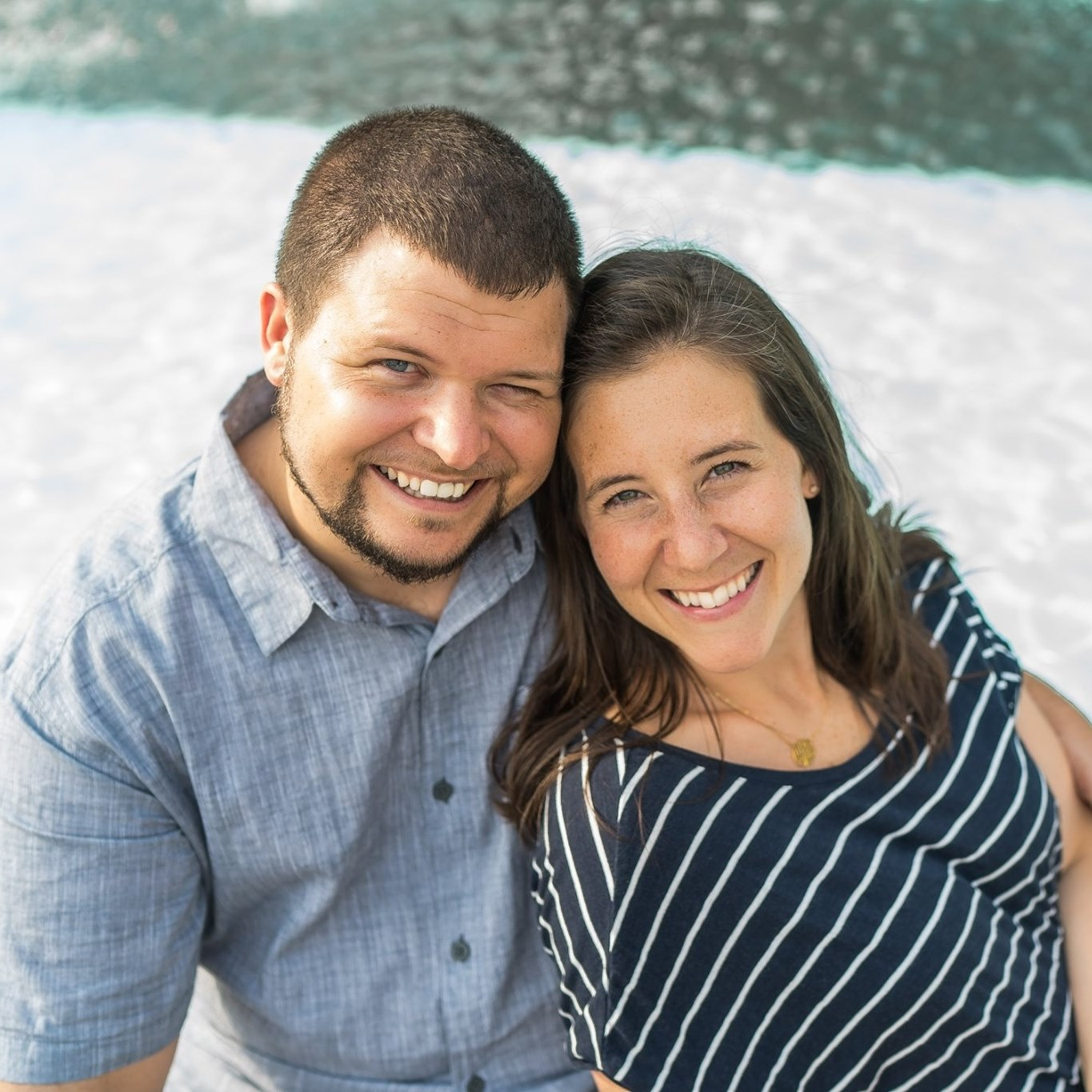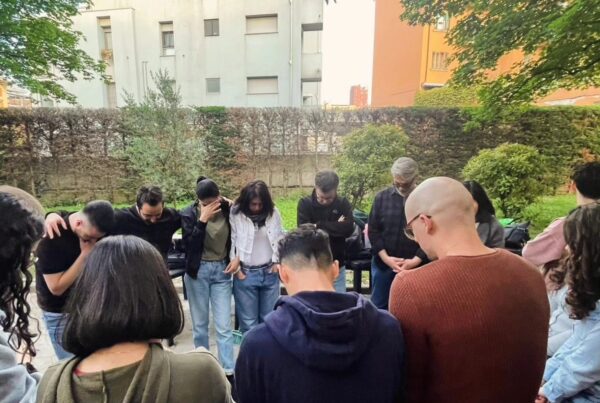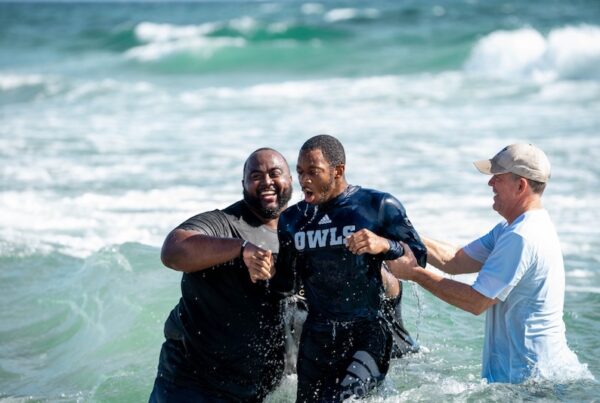We need prayer—not just for others and the situations that surpass us, but for our own souls as well. As my previous post explained, prayer demonstrates dependence on God. It’s God who works, not us. It’s God Word that guides, not our words.
Intercession is the act of holding others and ourselves before our all-knowing, all-loving, all-powerful Father because he alone has the power to change them and us. Prayer both reveals and sustains our dependence upon God.
But what happens when we don’t pray? A lack of courage and love are two constant threats in ministry and two symptoms of a life lacking dependent prayer.
Two Dangers of Self-Dependence
Moses’s life is a good illustration both of faithful prayer and the consequences of a lack of prayer when leading God’s people. When God calls him to deliver the Israelites out of Egypt in Exodus 3, all Moses talks about is himself, his incompetency, and his limited resources. Since he hasn’t yet learned to fully depend on God in prayer, he lacks the courage to lean into the mission God lays before him. How often do we lack the courage to engage in difficult conversations, situations, and people because we’re leaning on ourselves? Prayer both reveals and sustains our dependence upon God. Click To Tweet
The second danger of self-dependence is a lack of love. When the people rebelled yet again because of their thirst, Moses started off well by holding the people in God’s presence (Num. 20). But he failed to hold himself in God’s presence. The result was a lack of love. He came out of his prayer closet, climbed up on the rock, and decided not to speak to it (as God directed) but beat it! His love evaporated in his own strength. His anger won out because he was leading out of his own resources—resources as dried up as the desert he was stuck in.
Honest Evaluation
Prayer is essential for others and for ourselves. We know our need to continually hold our lives, circumstances, friends, family, and churches before our faithful God, yet we often don’t. To grow in prayerfulness, we can start with honest reflection.
Taking time to regularly reflect on the habits of prayerfulness (or otherwise) in your life and the life of your church is a worthwhile practice. Here are four questions as you consider what it means for you and your church to depend on the Lord in intercessory prayer.
1. What is your reaction to difficult moments, people, and situations? If prayer is not a reflex, what is, and why?
2. Do you have a tendency toward a lack of courage or a lack of love in your leadership? Which one, in what contexts or relationships?
3. How have you and your elders structured prayer in the life and culture of your church?
4. What is the next step you could take to grow in interceding?
Intercessory prayer is not just for church growth and overcoming obstacles, it’s for our very own souls. It’s a precious gift of security and protection for the souls of God’s people as we hold ourselves trustingly before him.
Growing in Prayerfulness
I’ve been cultivating two practices to grow in intercessory prayer. One is to make space between meetings instead of planning them back-to-back. This allows time to stop and hold the events of the last meeting and what it provoked in me in the hands of the Father before moving on to the next one. After a hard meeting, it’s easy to bring the emotional tornado in your soul into the next without even realizing it. Pausing for prayer is a way to hit “reset” on my soul so I’m fully present with the person before me.
Another practice, when I get news of an overwhelming situation, is to stop and pray instead of choosing to act to fix the problem. Doing this helps me be different in the situation for the benefit of others and myself. It also helps me call on God to act and give discernment for what I cannot see or change. May God make us a network of praying pastors filled with courage and love. Click To Tweet
These two practices are helping cultivate in me a sincere and courageous love that leaves me grateful to not carry the burdens of ministry alone. It also leaves others having encountered more of Christ through me because I led from a place of rootedness in him and not my own feeble resources.
Because Jesus suffered for our flock, we only have to suffer with them by holding them in the presence of the Father. Because Jesus intercedes for us actively, we never have to intercede alone. If we have this ministry of prayer, it’s only because the ascended Christ holds us in the presence of God at all times and in all places!
What relief and joy to be able, by the Spirit’s work, to imitate Christ as we hold others and ourselves in the presence of God together. May God make us a network of praying pastors filled with courage and love.










